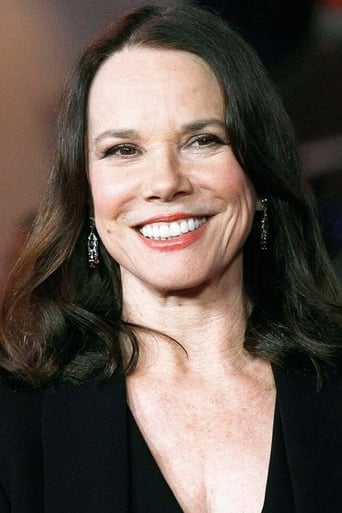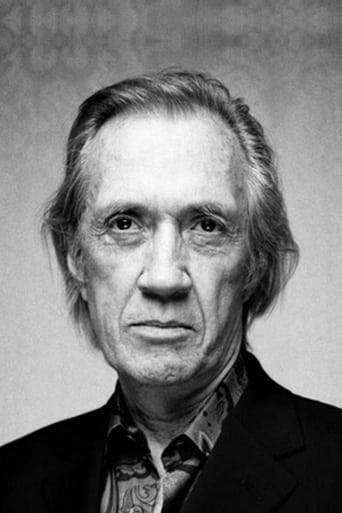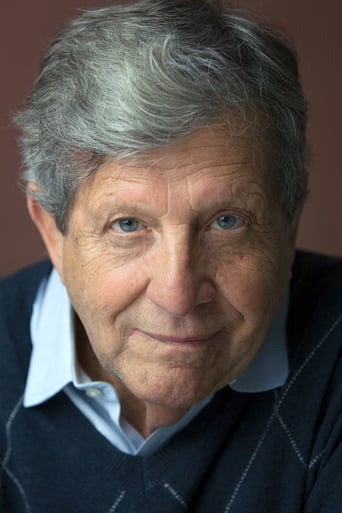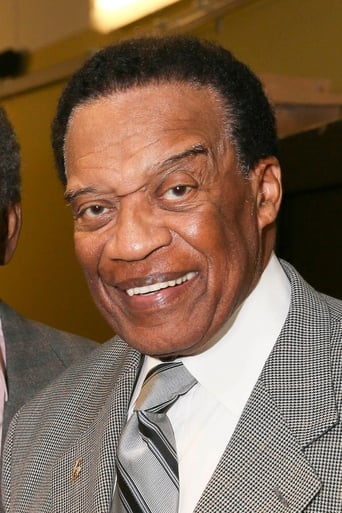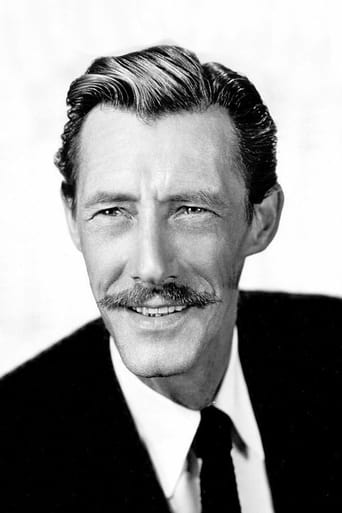Philippa
All of these films share one commonality, that being a kind of emotional center that humanizes a cast of monsters.
Haven Kaycee
It is encouraging that the film ends so strongly.Otherwise, it wouldn't have been a particularly memorable film
NORDIC-2
A typically cheap ($600,000 budget) and amateurish Roger Corman exploitation film, 'Boxcar Bertha' is largely significant as Martin Scorsese's first studio feature. The literary inspiration for the film is 'Sister of the Road: The Autobiography of Boxcar Bertha' "as told to Ben L. Reitman" (Macauley, 1937). Masquerading as an autobiography, 'Sister of the Road' is actually a novel. Boxcar Bertha never existed; she is an amalgam of several women—mostly Retta Toble (who married Joe Curran, legendary president of the National Maritime Union, in 1939). Reitman modeled Bertha and her cronies on people he had come to know in his tumultuous life as an anarchist, hobo, whorehouse doctor, birth control advocate, and one of Emma Goldman's lovers. The various incidents described in the book happened to Reitman himself or countless other hobos he met and conversed with over the years. To adapt Reitman's book to the screen, Corman tapped the services of John William and Joyce Hooper Corrington, a married screen writing duo who had penned Corman's previous film, 'The Red Baron' (1971). Their mandate was to fashion a thinly disguised remake of 'Bonnie & Clyde' in order to cash in on the rebellious-but-doomed-young-crooks-in-love motif that Arthur Penn's film had so successfully exploited a few years before. This involved discarding the actual contents of Reitman's book but retaining title, setting, and some characters for a vestige of Depression-era authenticity. Reitman's Boxcar Bertha had been involved in a shoplifting ring but Corman's Bertha (Barbara Hershey), her lover, 'Big' Bill Shelly (David Carradine), and two accomplices—Rake Brown (Barry Primus) and Von Morton (Bernie Casey)—become full-fledged outlaws bent on bringing down rapacious railroad baron H. Buckram Sartoris (John Carradine). In a bloody, apocalyptic ending, the gang's bid to kidnap Sartoris is foiled, Brown shot dead, and Shelly captured and nailed to the side of a boxcar in a way that obviously invokes Christ's crucifixion. Clumsy and cartoon-like in some spots, 'Boxcar Bertha' also exhibits flashes of cinematic brilliance: indications that 29-year-old Martin Scorsese had lots of potential. To this day Hershey and Carradine maintain that their sex scenes were quite real. DVD (2002).
mark.waltz
The comparisons to Arthur Penn's 1967 masterpiece are inevitable, but thanks to some masterful direction by a newcomer named Martin Scorsese, the film has obtained a cult status of its own. Barbara Hershey plays a poor country girl who witnesses her father being killed in a plane crash and blaming his employers, ends up on a robbery spree with David Carradine that threatens to destroy the train industry. John Carradine is the owner of the train company and vows vengeance on Hershey and her gang, especially after they rob him at his fancy party. There's not much more to the story than this, and like "Bonnie and Clyde", the film is violent, raw and gripping.It is also very predictable, and the end will leave a bad taste for some who may find it offensive. Hershey (reminding me of Sissy Spacek in the similar "Badlands") spends a lot of time in the buff, while the younger Carradine is memorable as her lover with communist leanings. The older Carradine is less hammy than normal, but acting honors go to Bernie Casey as Hershey and Carradine's co-hort.
kenjha
During the Depression, a young woman joins a group of socialist train robbers. Based on the evidence presented here, one would not have guessed that Scorsese would go on to become one of the most notable directors of his generation. The direction here is amateurish, not helped by the poor script that has little narrative flow. The one aspect of the director's style that is on display here is his preoccupation with repulsive violence. This is particularly evident in the ridiculous finale. Hershey has a charismatic presence, but her character has no depth. Since the characters are little more than caricatures, it is hard to care about what happens to them.
drystyx
This never was interesting. It was boring in the sixties, and boring today.It's another of the multitude of stories of self righteous crooks, the chief ones being an attractive couple and a token Negro. The token Negro was the mainstay of the sixties and seventies, serving only purpose, to be someone who said "yassah" to the self righteous white thugs.There's nothing exciting about this movie. There's also nothing that makes sense in this movie. Whatever the motivations are, whatever people are doing, no one knows and no one cares. It's all just a jumbled mess. A bunch of action scenes, lots of shotgun blasts, trains, skin, just for the sake of showing shotguns, trains, cars, and skin. None of it is plot related, but that's because there is no plot.There's nothing horrible about the movie, just nothing good. Just a waste of time.




